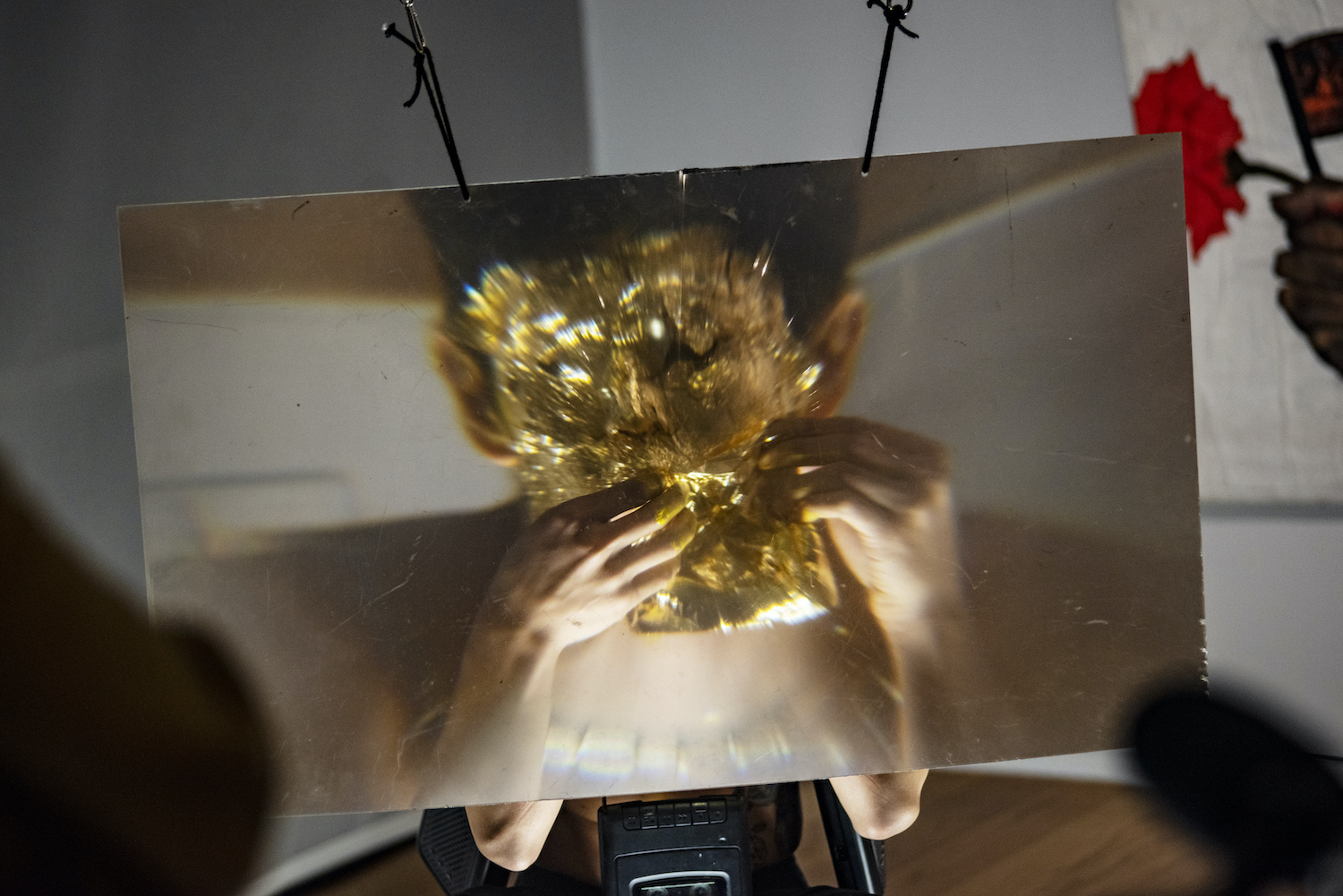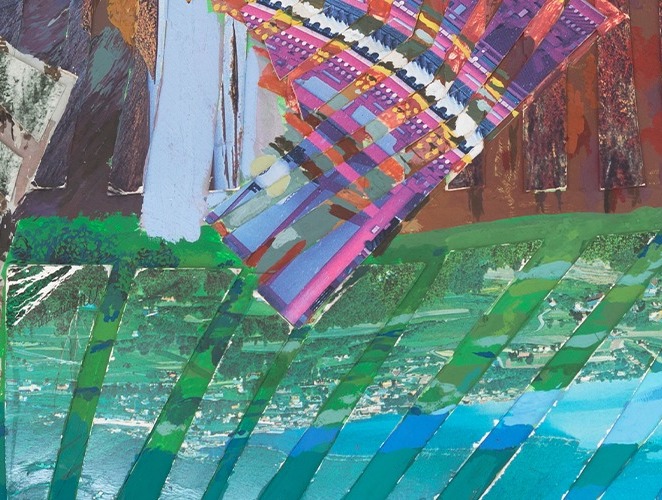
The online scholarly journal British Art Studies is seeking proposals for new artwork responding to the theme of ‘British Art and Natural Forces’, which is the subject of the Paul Mellon Centre’s autumn research programme.
Deadline to submit:
June 30, 2020.
Practical information:
The chosen artist will generate a series of between five and eight cover images for the journal’s eighteenth issue (November 2020), to be presented online as a digital commission. The series of covers is typically accompanied by a short written statement (c. 500 words). Proposals from individual artists, collectives, and artists working in partnership with researchers and curators are welcome. Stills, moving images, 3D models, and audio tracks can all be supported by the journal website. The commission is awarded with a fee of £500.
If your proposal is successful, you will work collaboratively with the British Art Studies editors to develop the feature and will receive editorial support, as well as assistance with any picture research and copyright clearance.
The theme of ‘British Art and Natural Forces’ focuses on the encounter between artistic or art historical practice and the forces of the natural world. In recent years, artists and scholars have concentrated with new intensity on the relationship between visual representation and climate change, and the overlaps between artistic, geological, biological, and geophysical bodies of knowledge. These interdisciplinary collaborations have seen visual artists and researchers explore subject areas such as natural histories, indigenous forms of knowledge, concepts of the post-human, and revitalised theorisations of the sublime. British Art Studies welcomes proposals that touch on any aspect of this broad theme in relation to British art and its histories, considered in their most diverse and international contexts.

